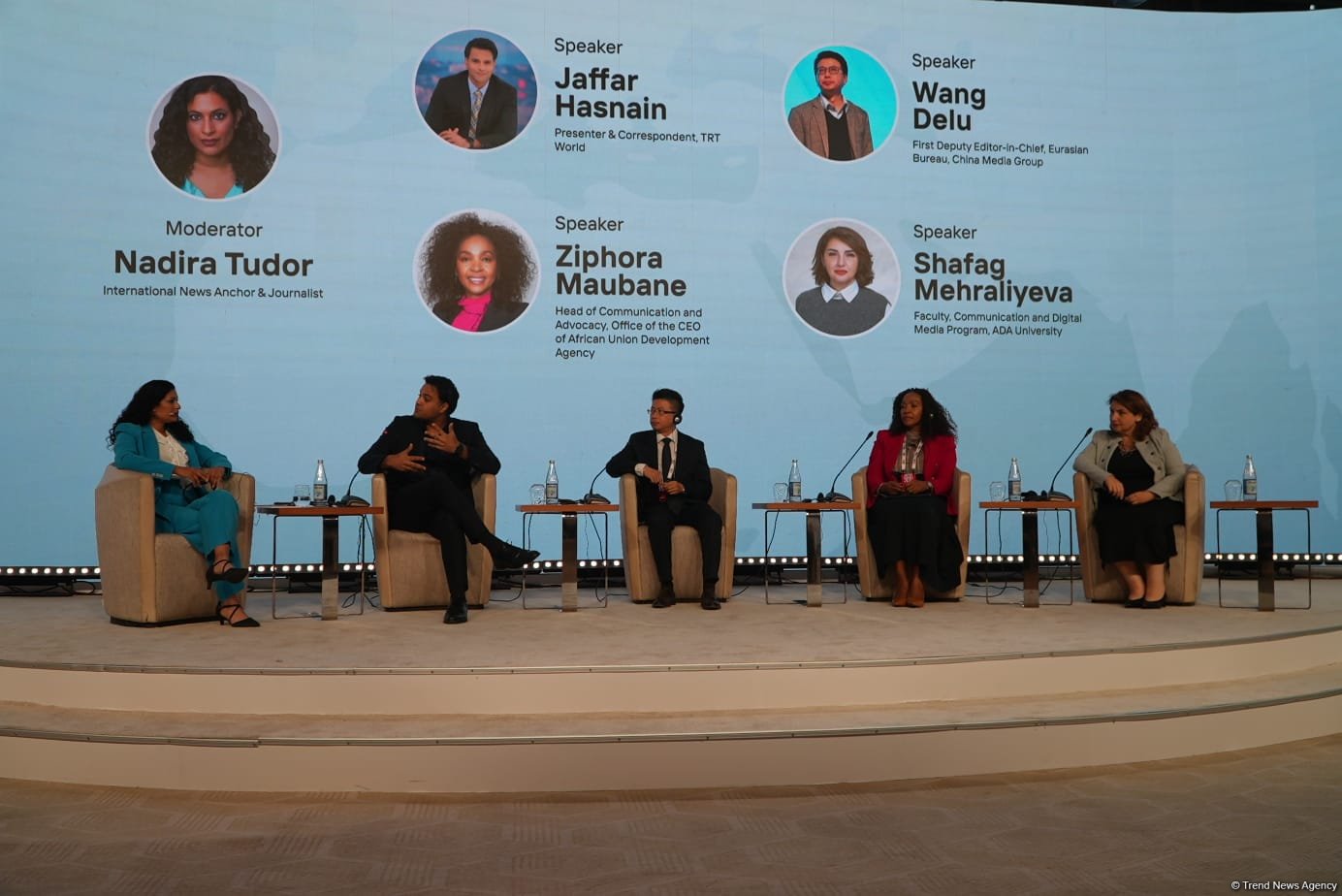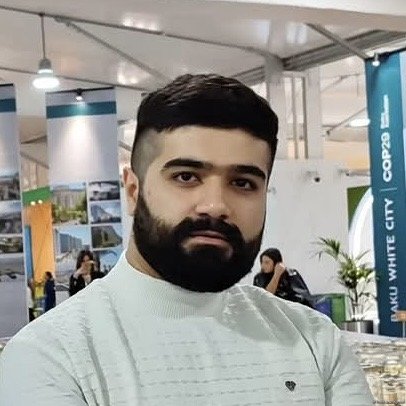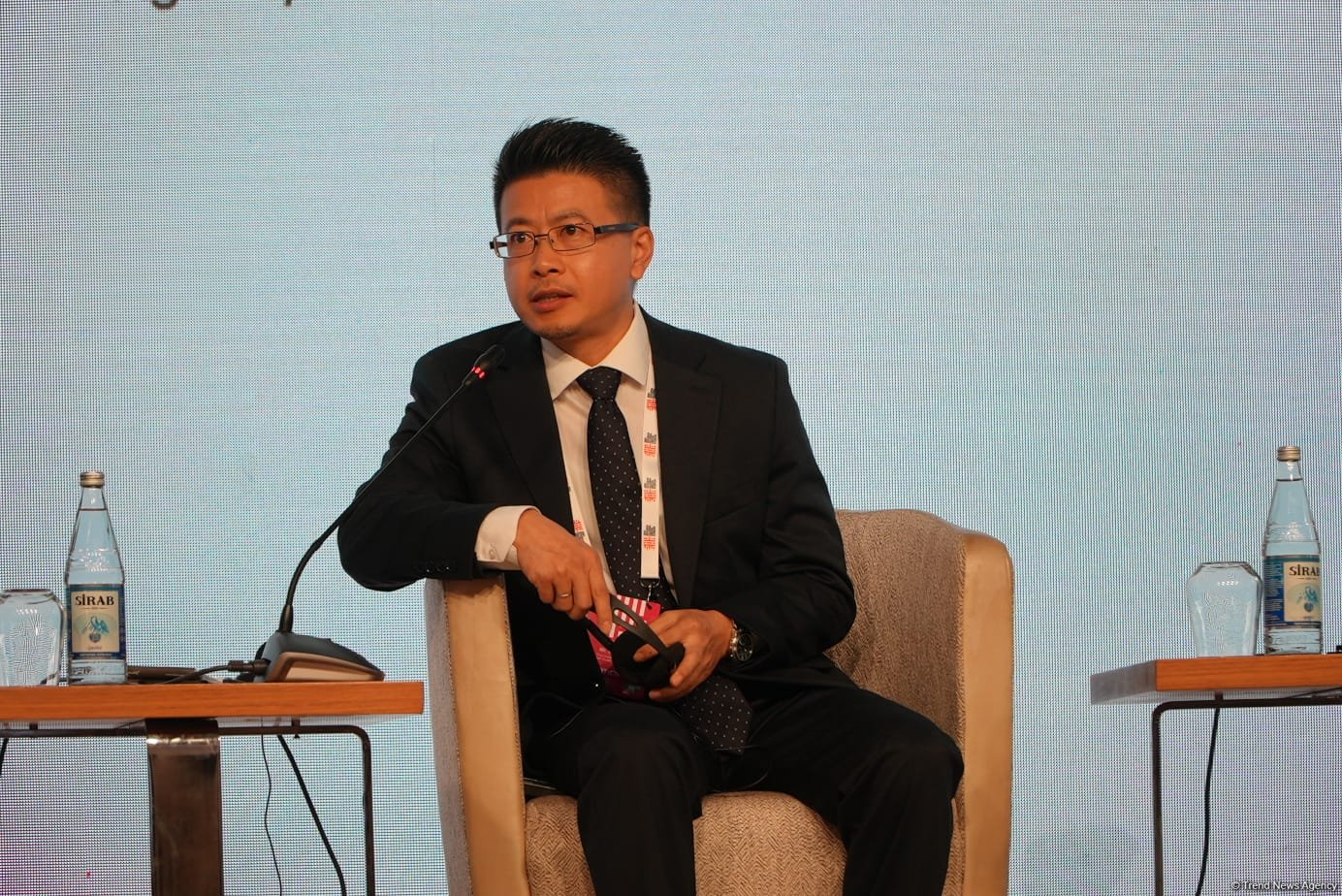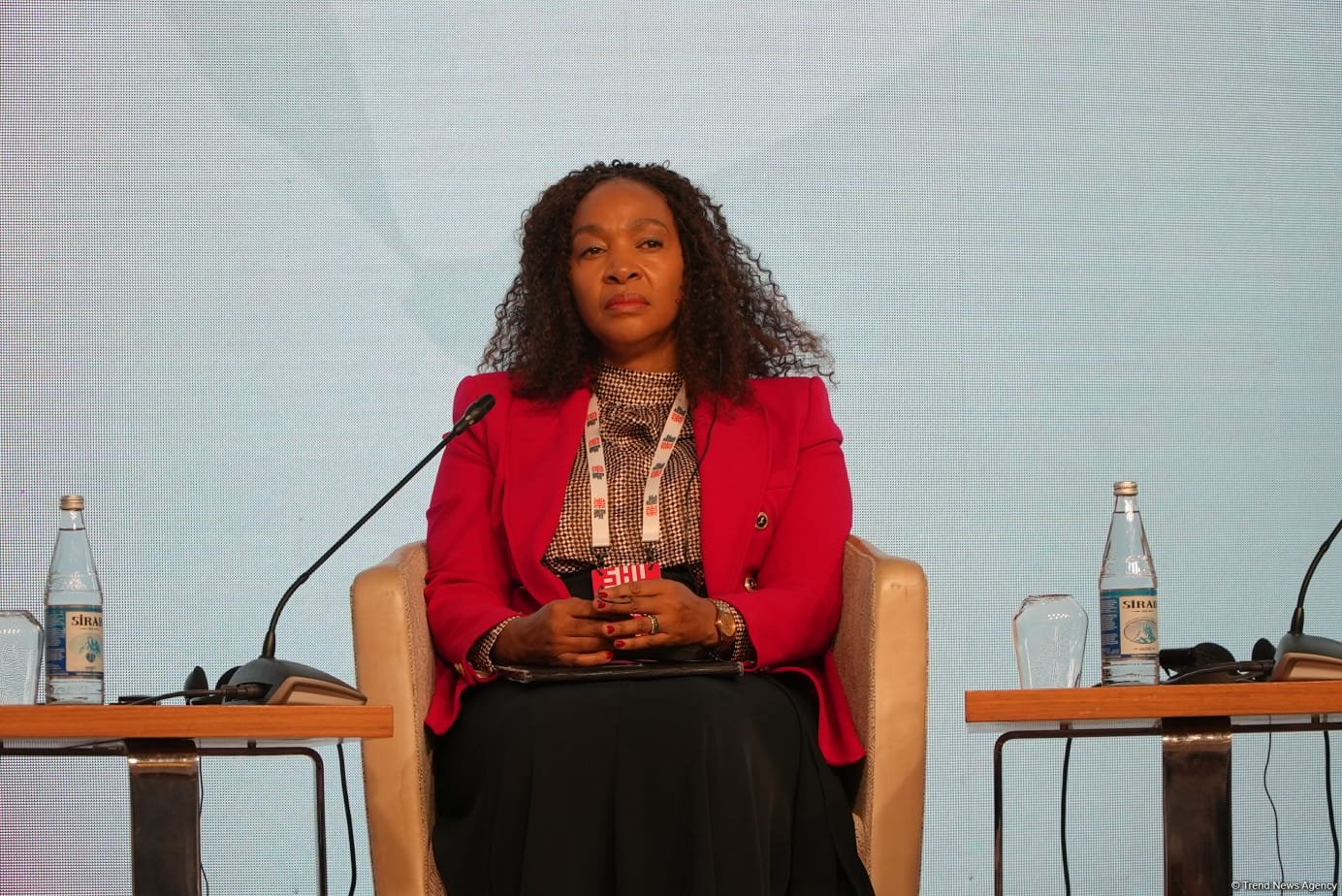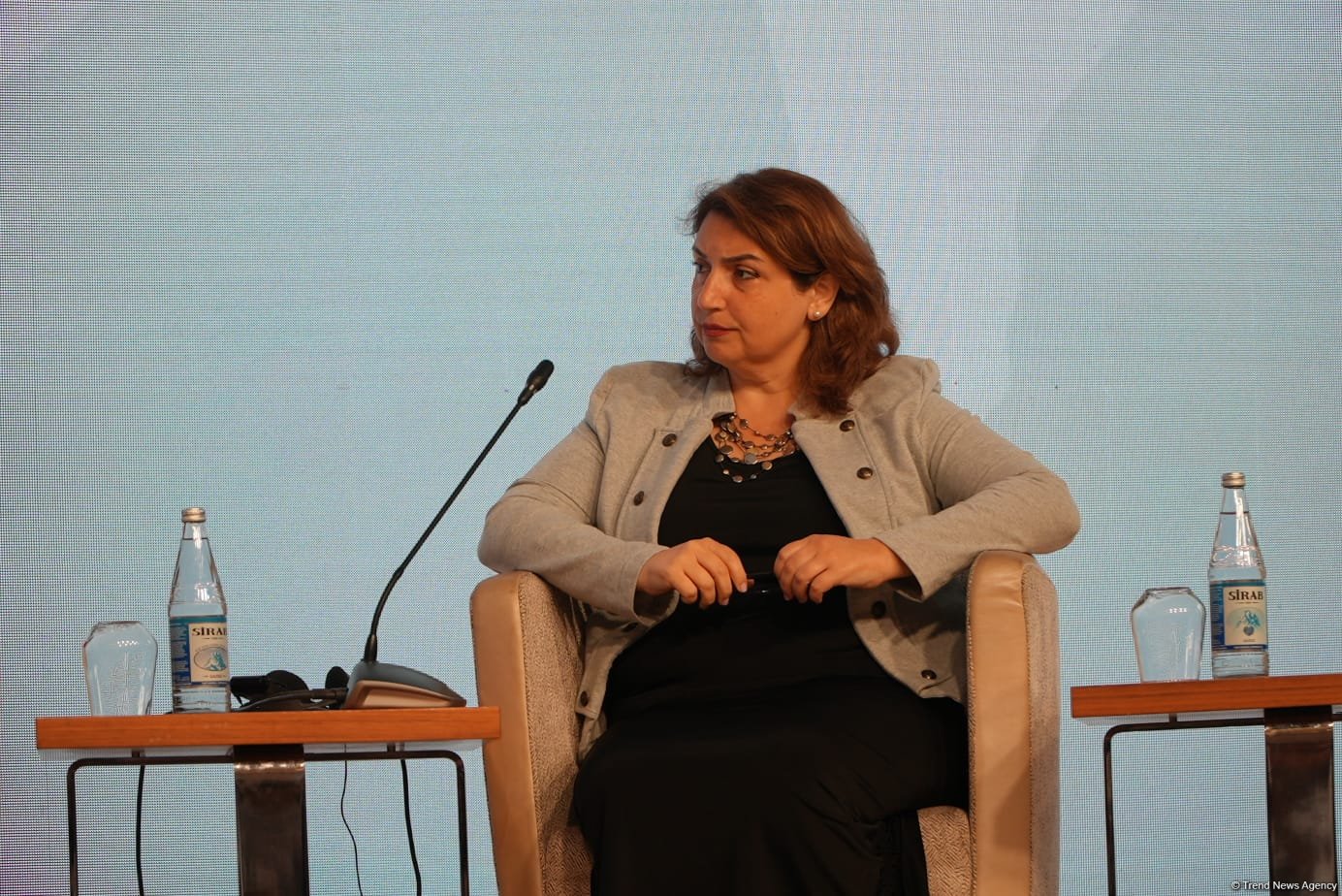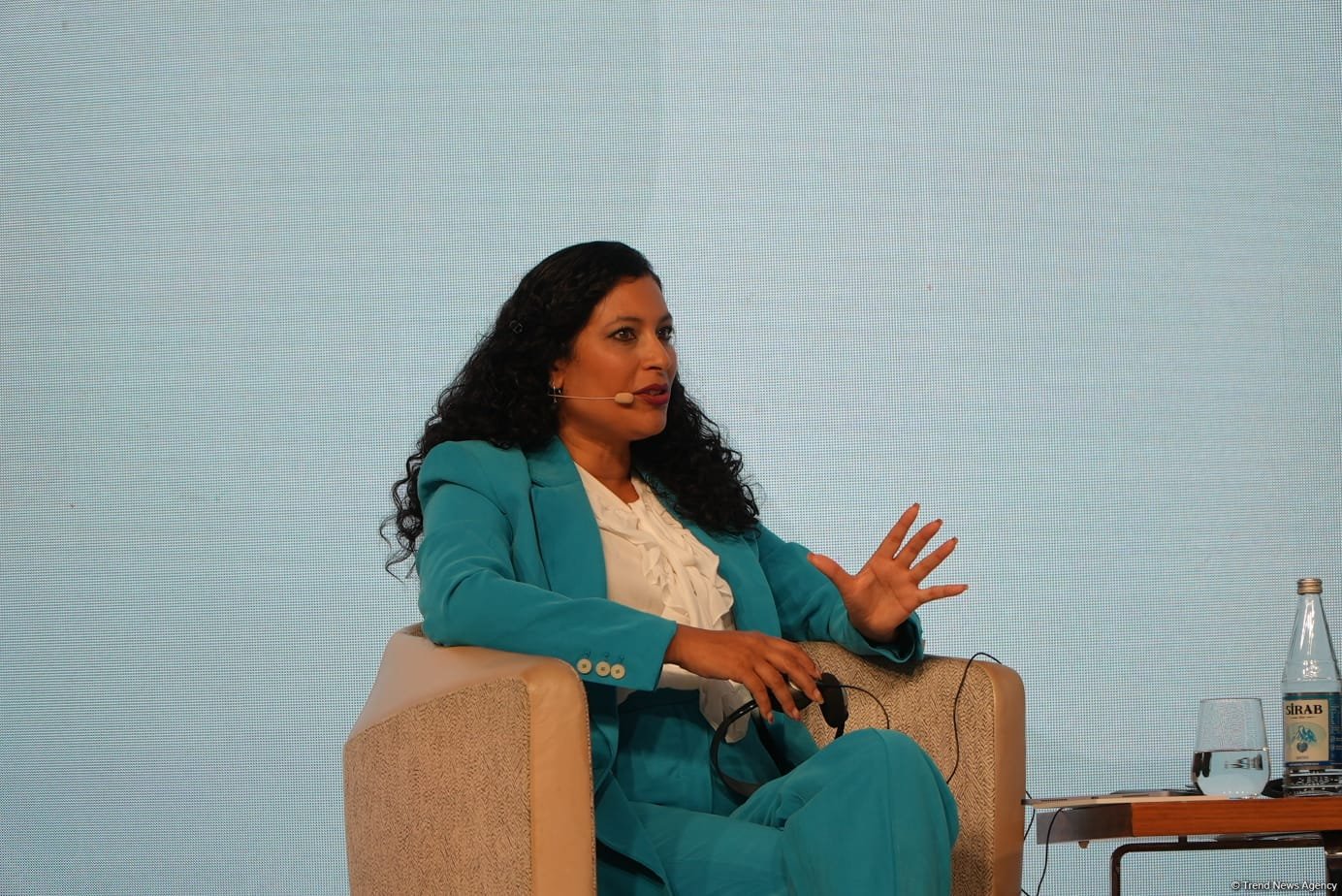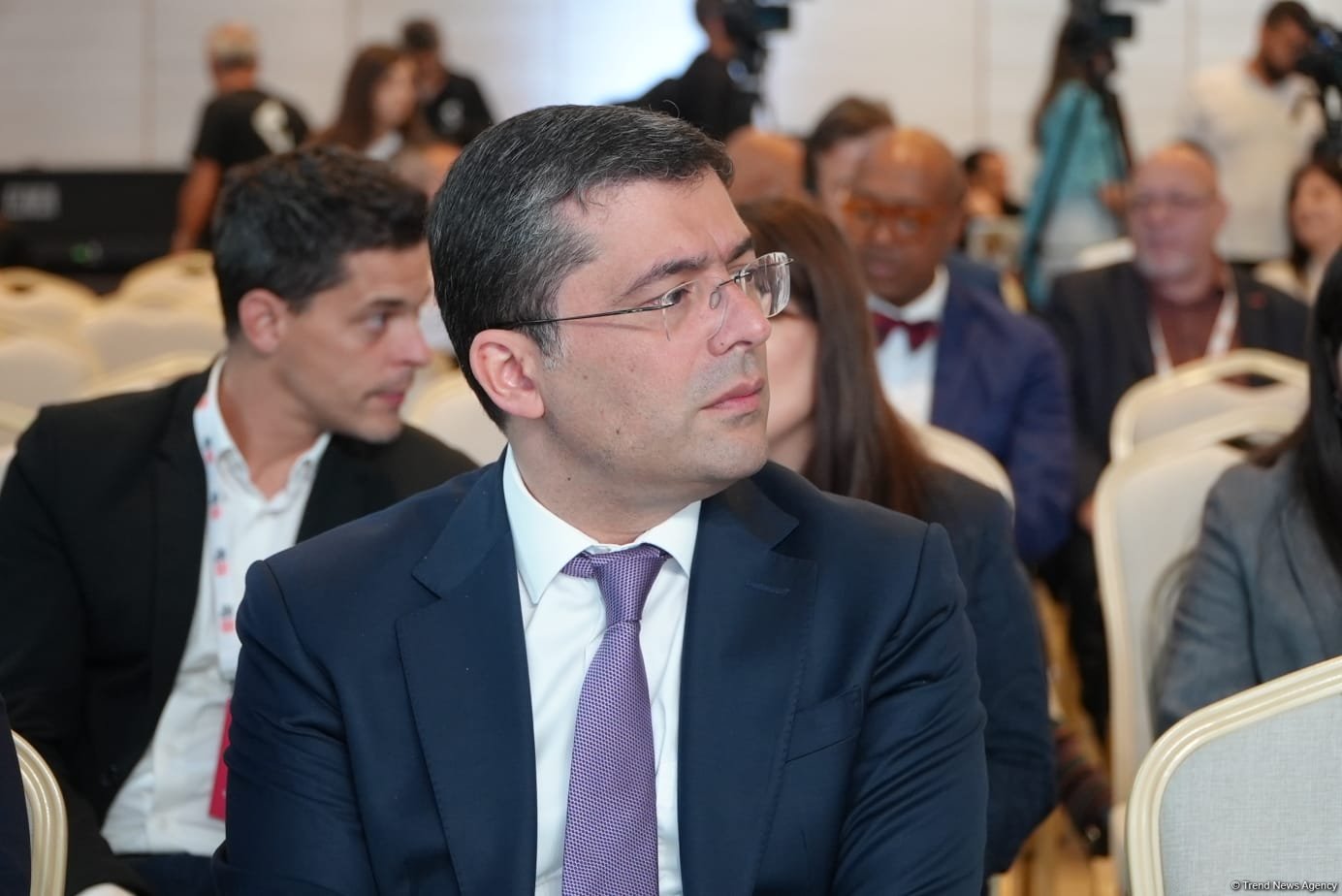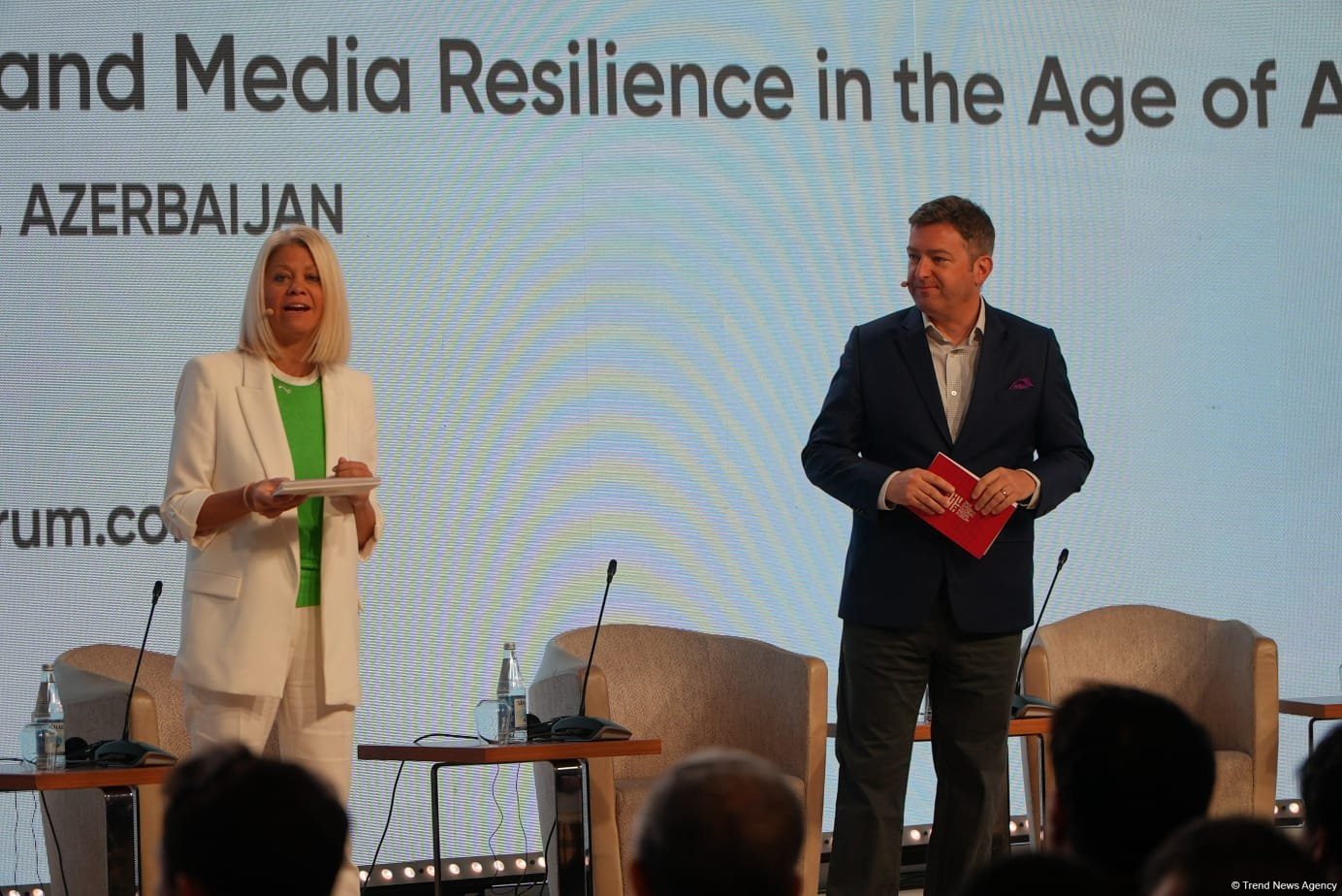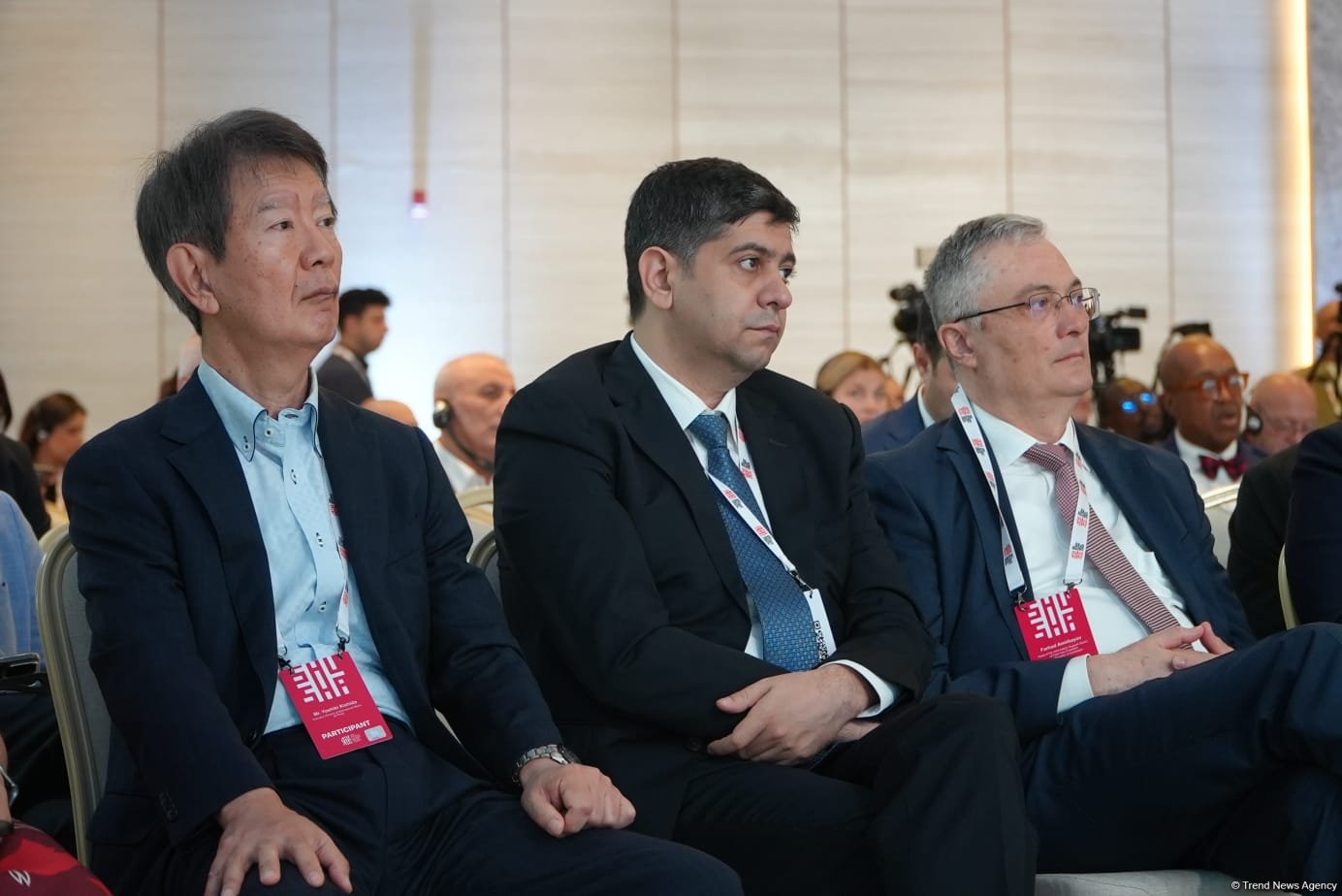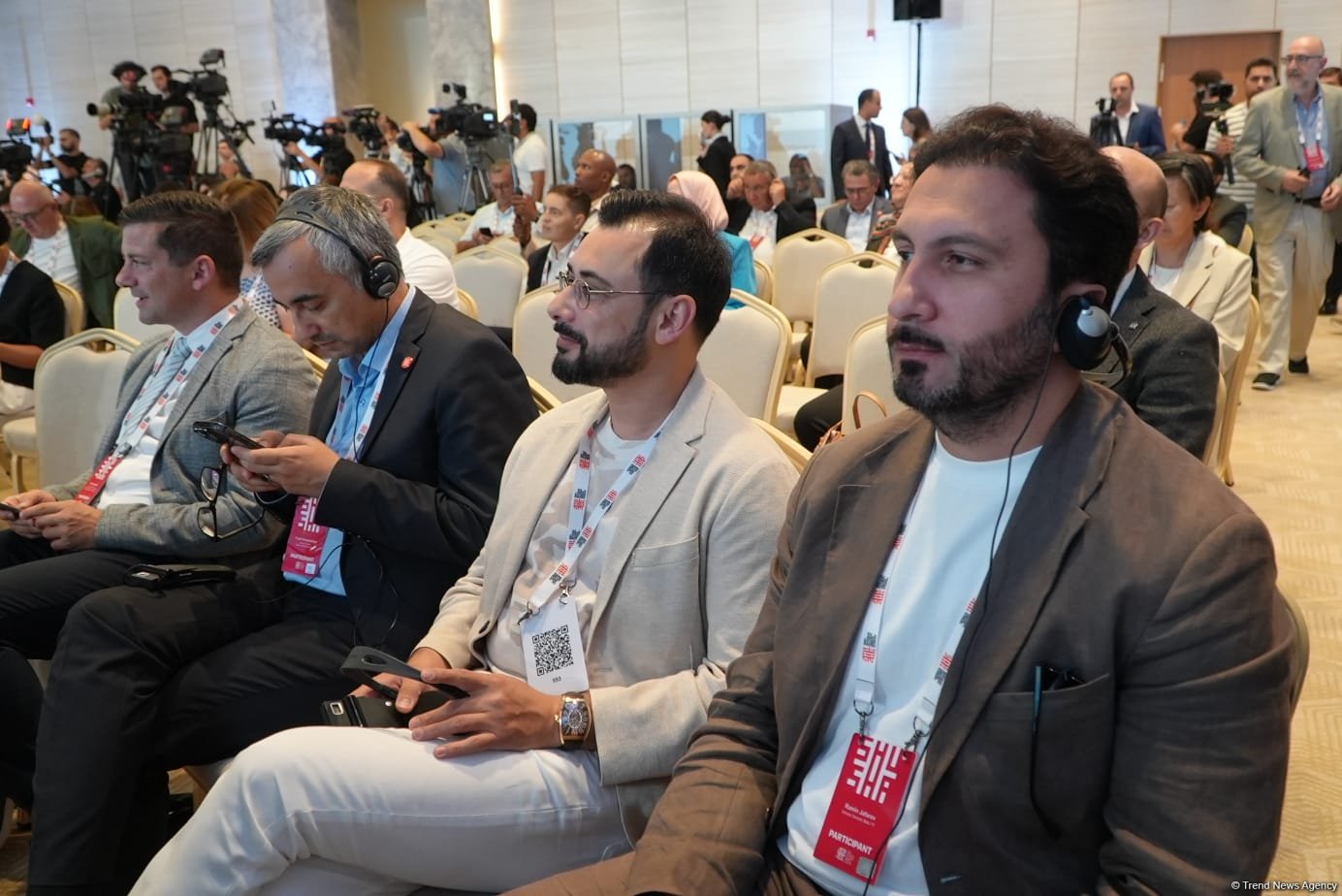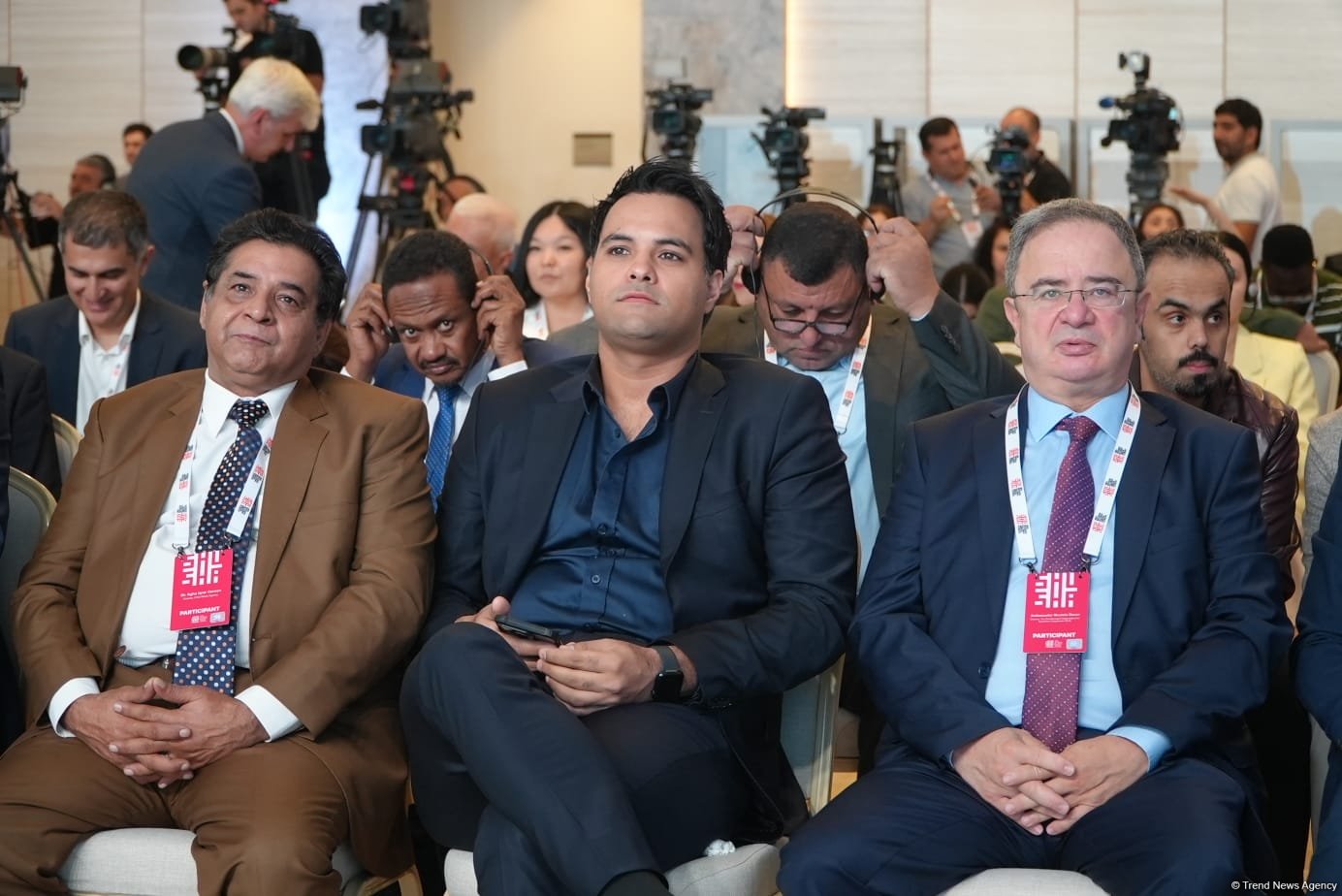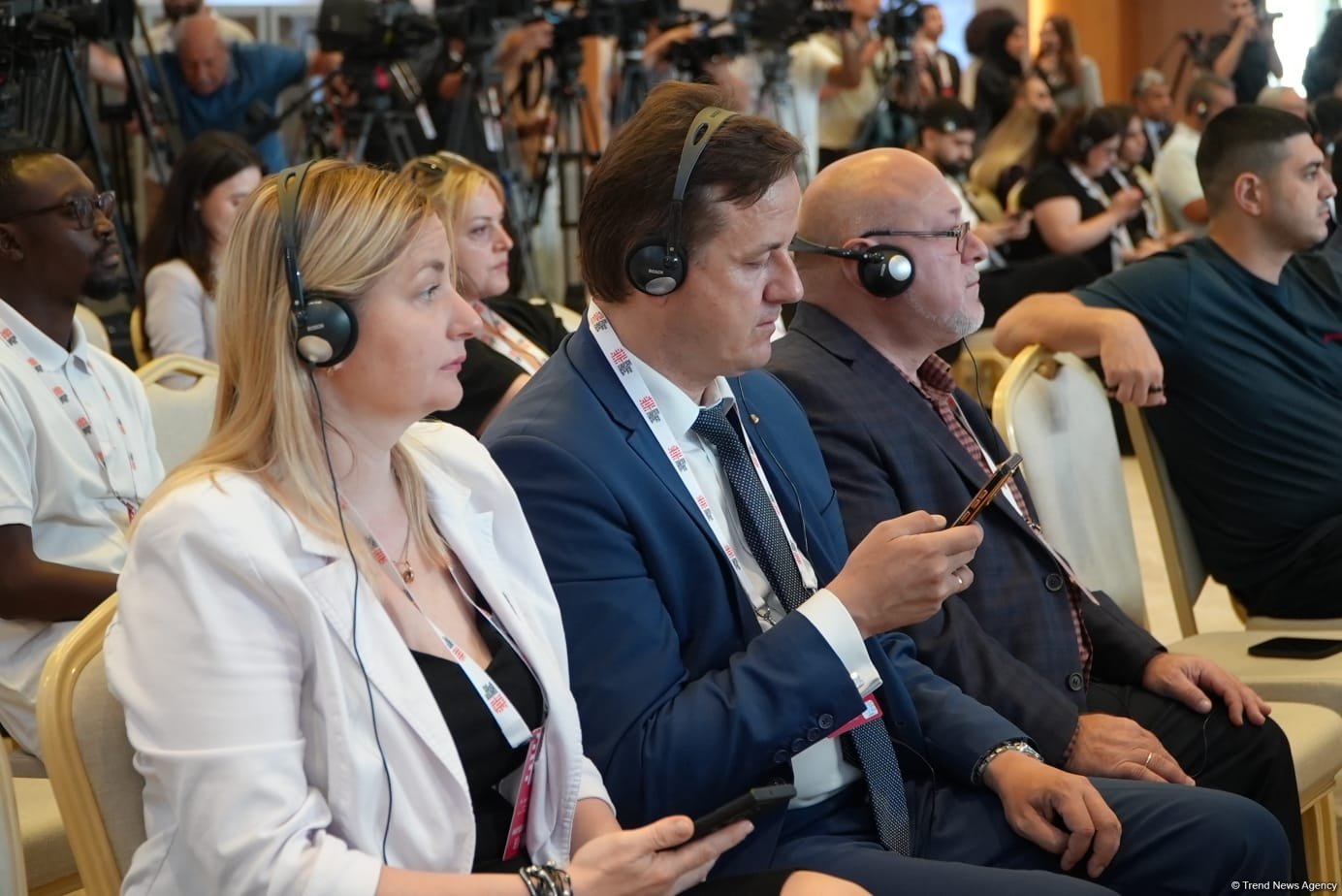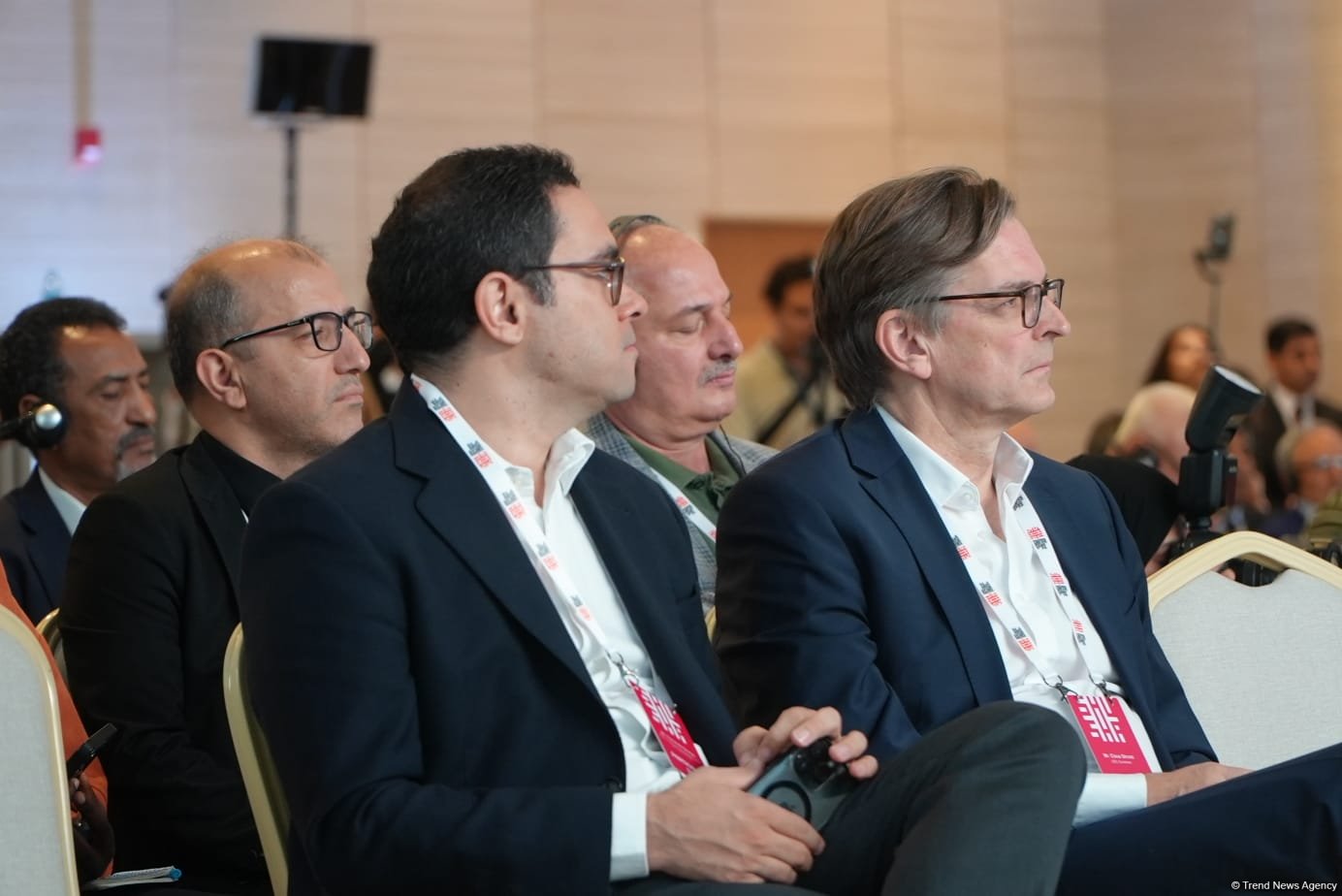BAKU, Azerbaijan, July 21. The third and final day of the III Global Media Forum was held in the historic city of Shusha, Trend’s special correspondent reports.
Centered on the theme "Digital Pathways: Strengthening Information and Media Resilience in the Age of AI", the forum, which began on July 19, concluded today, capping three days of dialogue on the evolving challenges and opportunities in the media landscape.
The final day featured panel discussions addressing media literacy, information security, and the impact of social networks on public trust.
The forum brought together around 140 participants from 52 countries, including delegates from more than 30 news agencies, 7 international organizations, and nearly 80 media institutions.
The Head of Communications and Advocacy at the Office of the Director General of the African Union Development Agency, Zipporah Maubane, stated that media literacy plays a key role in combating misinformation in the digital age.
According to her, media literacy is not only the responsibility of journalists, but also of private and public sector leaders, he said. Because these are the people who often become active participants in online platforms.
“The main thing is that both managers and ordinary citizens, especially those from rural areas, should have at least a basic level of media literacy and be able to distinguish misinformation from reliable information,” She emphasized.
Maubane noted that the speed of information dissemination on the Internet requires organizations to be able to respond quickly to crises:
“If, for example, the head of a company does not understand the dynamics of Internet media, it can lead to serious reputational losses,” She said.
Jaffar Hasnain, anchor and correspondent for TRT World, noted that journalism is a demanding activity that requires a high level of attention to detail and facts.
In today's social media-dominated world, he said, improving media literacy and the ability to distinguish accurate information from “fake” information is more important than ever.
"Journalism is not just reporting. It is fact-checking, cross-checking, and quoting reliable sources. That is why, as professionals, we have to explain to the public how the media industry works," he emphasized.
Hasnain added that a true journalist must go through all stages of verification before publishing any story.
"Yes, you can have a phone and call yourself a journalist. But journalism is a much more complex and important field. It is a complex and important process that requires an understanding of how the media environment functions," he said.
Claus Strunz, CEO of Euronews, stated that the gap between machine and human perception is both a challenge and an opportunity for journalism.
According to him, for years, conflicts in the post-Soviet space, including in the South Caucasus, have been covered through a Western prism.
"The machine knows all these reports and reflects only one side. We, journalists, are obliged to understand this mechanism - this is our main task: to fill in the gaps and present a more complete picture," he emphasized.
Strunz added that despite the rapid development of technology and algorithms, the main factor in the media space is still a human being.
"Information is reliable only if there is a person behind it - a journalist with a face, a name, and responsibility. It is this factor that will determine the competitiveness and trust of the audience in the next 5, 10, 15 years," he said.
The official also stated that they are currently focused on the implementation of automated translation, and it is not an easy task.
According to him, the integration of artificial intelligence into the work of the newsroom should be done gradually and thoughtfully, starting with the main areas.
"Right now we are focused on translation, and it's quite a challenge. Given that Euronews operates in 12 languages, translation has ceased to be an auxiliary function and has become the centerpiece of our activities," he explained.
The CEO emphasized that the careful and thoughtful use of technology comes with a responsibility to both viewers and the team:
"If we move too fast, we can make mistakes. But moving too slowly is also risky. We are trying to find the right rhythm, because every step affects people, causes emotions, and doubts. And that's only natural, because doubt is the basis of real innovation," said Strunz.

